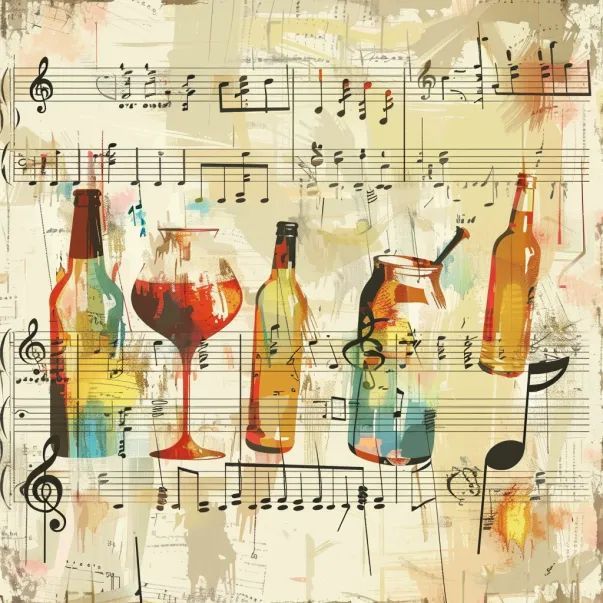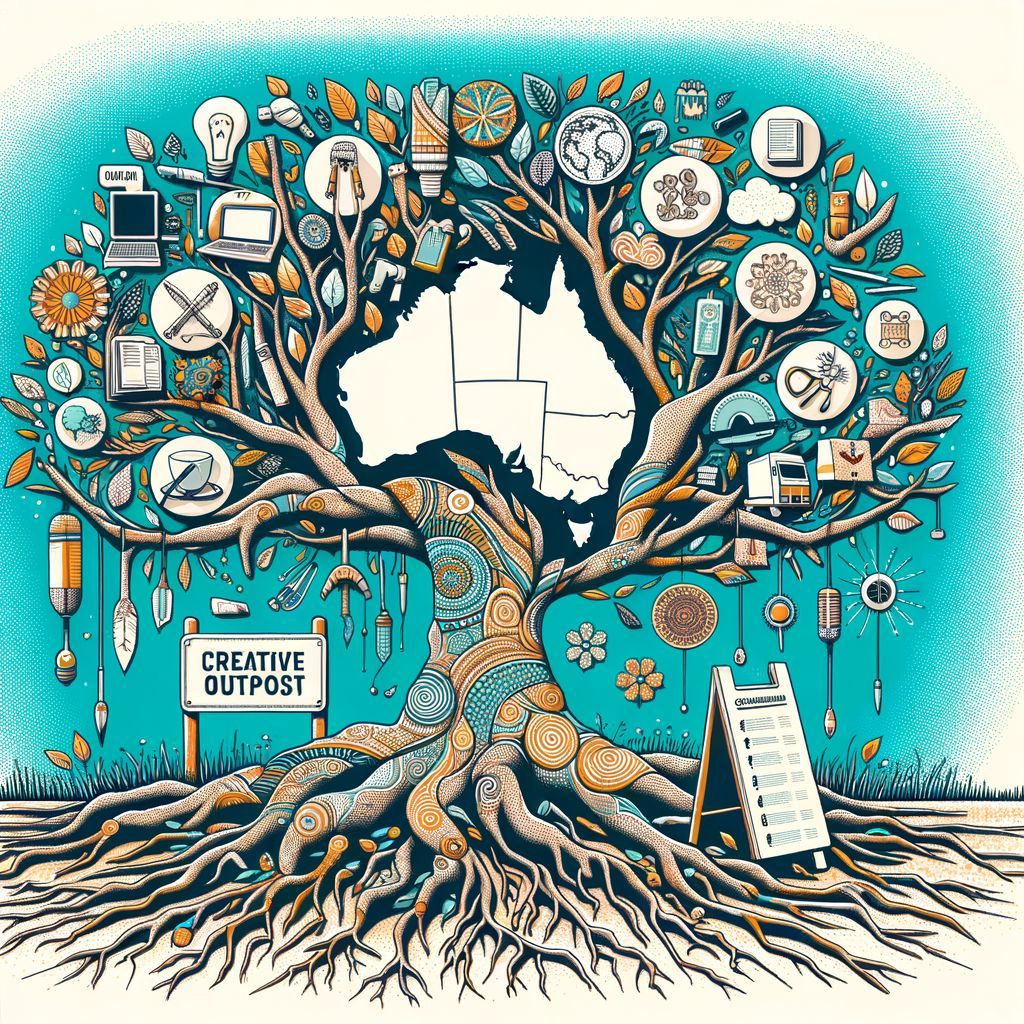

Pic: Midjourney
Editors' Note: Many Fast News images are stylised illustrations generated by Dall-E. Photorealism is not intended. View as early and evolving AI art!

In songs, booze takes stage,
Influence on drink, engaged,
More research, we gauge.

Booze in the beats: La Trobe study finds alcohol references in a quarter of popular songs
Researchers from La Trobe University have discovered around a quarter of popular songs and nearly a third of music videos contain references to alcohol.
The study, published in the Alcohol, Clinical and Experimental Research journal, conducted a systematic review of 23 studies examining the prevalence of alcohol-related content in music lyrics and videos.
The researchers, including La Trobe PhD student and project researcher Gedefaw Alen, analysed 12,224 songs and found that 24% contained at least one alcohol-related content in the lyrics or videos. Alcohol references or imagery included explicit mentions of alcoholic beverages, alcohol containers, drinking behaviours, characters drinking, bar settings, alcohol brands or logos, and expressions of altered states.
The review revealed only three articles addressed the association between alcohol references and drinking behaviours, indicating a need for more research in this area. The three articles that focused on the connection between alcohol references and consumption all reported that exposure to music with alcohol references influenced drinking behaviours.
A 2011 study in bars showed that laylists with alcohol references were associated with higher customer spending on alcoholic beverages than playlists featuring the same artists but no alcohol references. A 2014 study on young people aged 15 to 23 found that high receptivity, defined as liking and ownership of alcohol-referenced songs, and correctly identifying at least one alcohol brand referenced in the song lyrics were associated with an increased risk of lifetime alcohol use and binge drinking.
"It is more important than ever to understand the influence of alcohol-related lyrics on our drinking behaviour because we found that both the number of songs that include a reference to alcohol and the amount of time people spend listening to music are increasing," said Alen.










